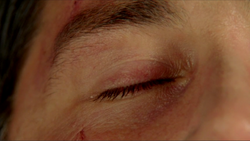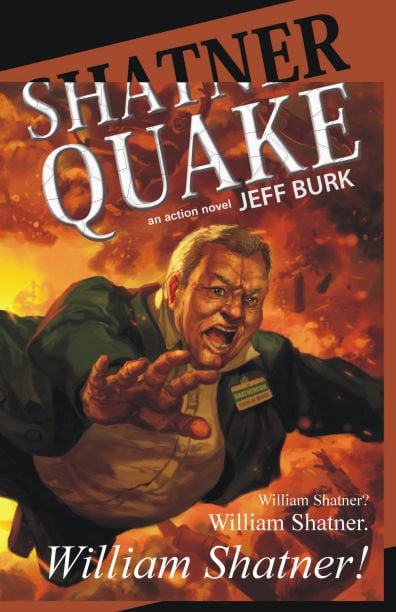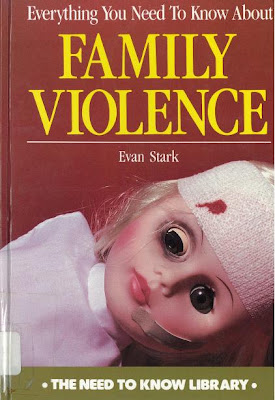
Stories are all about the ending. If your audience doesn’t buy into how the hero completes his or her journey, it doesn’t matter how riveting the first chapter or opening scene is, how the characters are developed, or even how fresh and original the plot is—they’ll leave disappointed.
That’s not to say that a “perfect” ending to a book or movie is one where the hero gets someone to fall in love with him, completes the quest she’s been sent on, or solves the puzzle seconds before a nuclear bomb goes off. A perfect ending is one that leaves the audience feeling satisfied—even if things don’t turn out perfect for the hero and others in the story. A perfect ending makes us want to re-read the book or turn around and enter the dark, cozy atmosphere of a theater to relive the story one more time just so we can relive the story one more time, contemplate it, and see what else we can take away from it.
Which brings us to the final episode of LOST.
For rabid LOST fans like me, the expectations were so huge I’m not sure that even the most talented writer could have met them. There were tons of unanswered questions, an island to save, and an epic battle between Fake Locke and Jack that all had to happen in one hour and forty-five minutes. Some people were going to be disappointed.
But I wasn’t one of them.
I liked the ending. I was satisfied with the conclusion.
It wasn’t the kind of ending that made me jump off the couch and immediately contact everyone that I know and tell them they just missed out on the best show in the history of television. Instead the ending left me quietly thinking about the fate and choices of the various characters and some things going on in my own life.
Even though there are still plenty of unanswered questions strewn along the beach of that island and plot lines I wished would have been developed more. But, more often than not, the real world is full of things we’ll never know the answer too. Like the characters in LOST, we’re forced to muck along through this world the best we can.
But the final episode did show us that the characters that we either loved or hated weren’t simply lost on an island trying to get back to civilization. A greater journey and lost loves awaited them after they completed their missions and resolved issues they struggled with. It may not be the neatly packaged ending that many hoped for but it left me content and reflective.
Entertainment that has long lasting value makes people introspective or lost in thought, if you’ll pardon the pun. It’s not like the movie we enjoy Saturday night and then forget about it by Monday morning. It’s one that we keep thinking about and coming back to again and again sometimes with a completely different perspective after we read or watch it again. It’s something that holds up decades after it was first created.
I’ve always got more out of LOST watching it a second or a third time. And now that I know how LOST ends, I look forward watching it from beginning to end—again and again and again.












